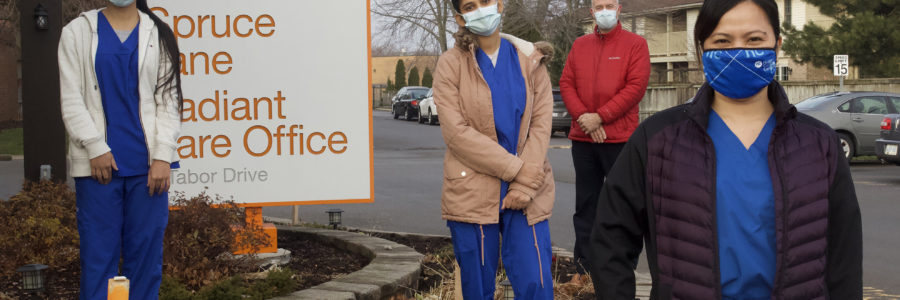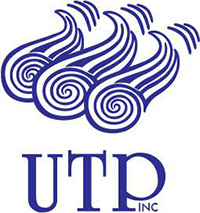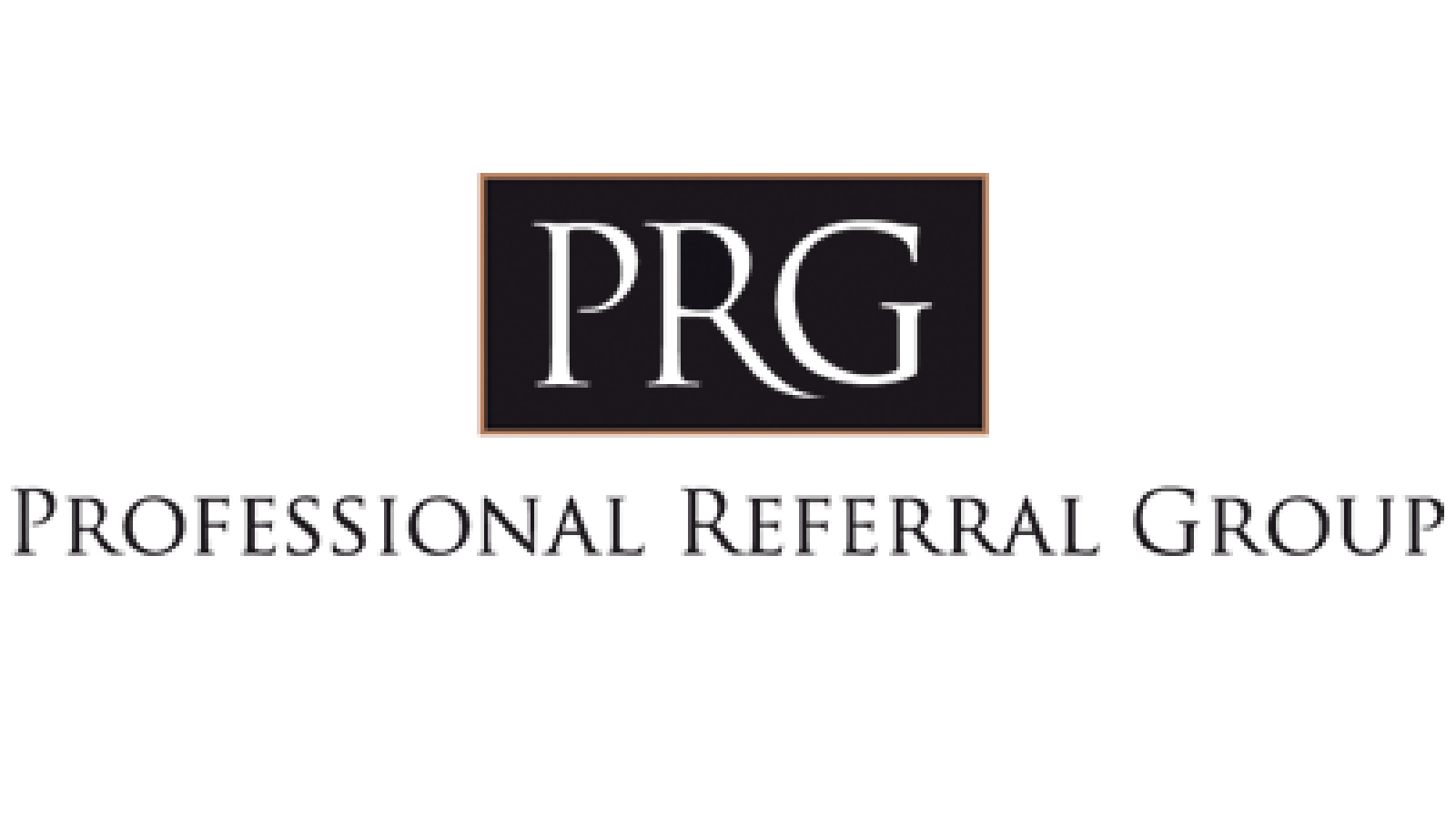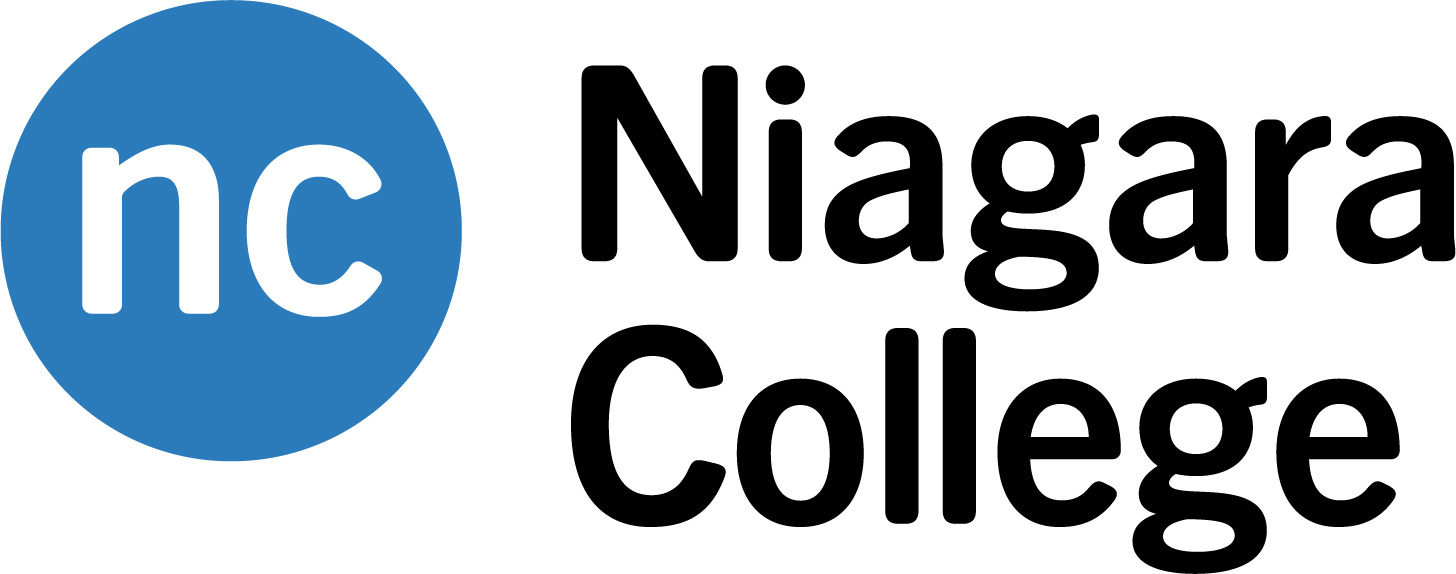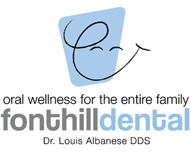When Marie Vincent Enclonar starts her clinical placement at Radiant Care Tabor Manor this month, she’ll be familiar with the long-term care home.
That’s because Vincent Enclonar, who’s enrolled in Niagara College’s one-year Personal Support Worker (PSW)
program, has already spent part of her studies at the St. Catharines long-term care home thanks to an innovative partnership between the College and Radiant Care.
The St. Catharines campus of care for seniors donated space specifically for NC students, including Vincent Enclonar, to complete their lab work in their first term of studies and get acquainted with Tabor Manor staff before completing the practical, hands-on component of the PSW program with residents in Term 2.
“It’s nice we’re in that setting. I’m familiar with Tabor Manor so doing the clinical placement, it will be easier,” Vincent Enclonar said.
The partnership between Niagara College and Radiant Care was forged in 2019 after Tabor Manor opened new, state-of-the-art long-term care rooms that saw an older part of the facility mothballed.
Tim Siemens, Radiant Care’s CEO, approached the College about converting the excess space into a rent-free living classroom where students could train for work in a fast-growing profession. Three former resident rooms were renovated and set up like current lodgings. Students use mannequins in this living classroom to practise critical skills, including how to safely lift and transfer residents to do bed changes before working directly with residents.
In addition, they learn the soft skills of establishing dynamic relationships with residents, and providing care in a loving and compassionate way, Siemens explained.
“The best lab is one set up in a real environment. A graduating PSW must have long-term care placement and must have community placement, and Tabor Manor is positioned really well that they could do both on site,” Siemens said. “Campuses of care in Ontario are set up very well to engage in these partnerships with academic partners.”
The partnership, he noted, isn’t just a boon for students. Such initiatives provide a pipeline of future employees to Radiant Care, which will see its staffing requirements grow in the years ahead.
Last fall, the province approved 38 new spaces, in addition to 81 previously allocated new beds and 41 upgraded spaces, to create a 160-bed home at Radiant Care Pleasant Manor in Niagara-on-the-Lake. Radiant care will need to hire about 100 additional PSWs over the next few years to meet the demands of the larger campus of care, Siemens said.
Niagara is also home to 31 long-term care homes that will also require a stable and reliable pool of PSW candidates from which to hire, he noted.
In addition, Radiant Care will hire more Registered Nurses, Registered Practical Nurses and dietary aides. “What are we doing locally to increase the supply and what are we, Radiant Care, doing in concert with academic partnerships to affect the supply side?” Siemens said. “The partnership with Niagara College and the living classroom is exclusive to the PSW program, but our relationship extends beyond the classroom to those other job categories.”
Such partnerships are becoming more common, and increasingly important, noted
Carolyn Triemstra, NC’s dean of Community and Health Studies.
“We really want to get students out there and supporting the community, and to help with the health-care crisis and health-care needs,” Triemstra said. “It’s quite an amazing story because certainly there are other colleges that have relationships with living classrooms. The synergies between Radiant Care and Niagara College are really in line. They’re local and have the capacity to support students.”
And they get students excited about their future careers.
“It makes me feel more encouraged to do well in my studies,” Vincent Enclonar said. “I’m looking forward to working as a PSW.”
The Niagara College School of Nursing and Personal Support Worker prepares students for rewarding careers in several health-care disciplines. Courses are taught by supportive faculty with significant expertise in their respective fields with a strong emphasis on providing students with access to hands-on learning experiences via NC’s state-of-the-art lab facilities as well as field placements and practicums. Students can also earn additional certifications along with their credential; access unique bridging opportunities; have the option to apply for professional certifications post-graduation; and enjoy a unique inter-professional educational experience that focuses on integrating several health-care professionals into a single team to provide the best possible patient care.
Niagara College offers more than 130 diploma, bachelor degree and advanced level programs; as well as more than 600 credit, vocational and general interest Part-Time Studies courses. Areas of specialization include food and wine sciences, advanced technology, media, applied health and community safety, supported by unique learning enterprises in food, wine, beer, distilling, horticulture and esthetics. For more information visit niagaracollege.ca.
 Back to myNiagaraOnline
Back to myNiagaraOnline








